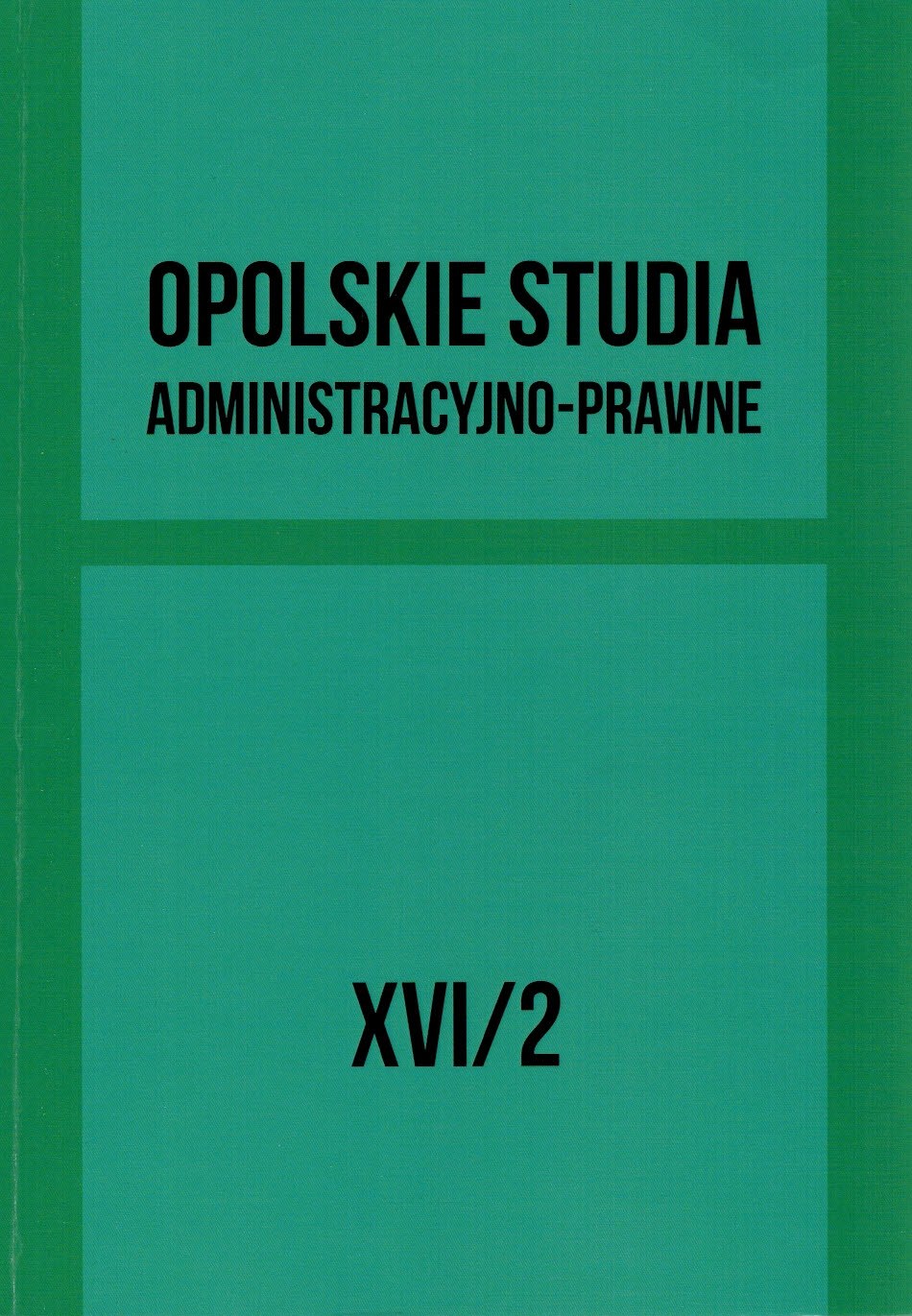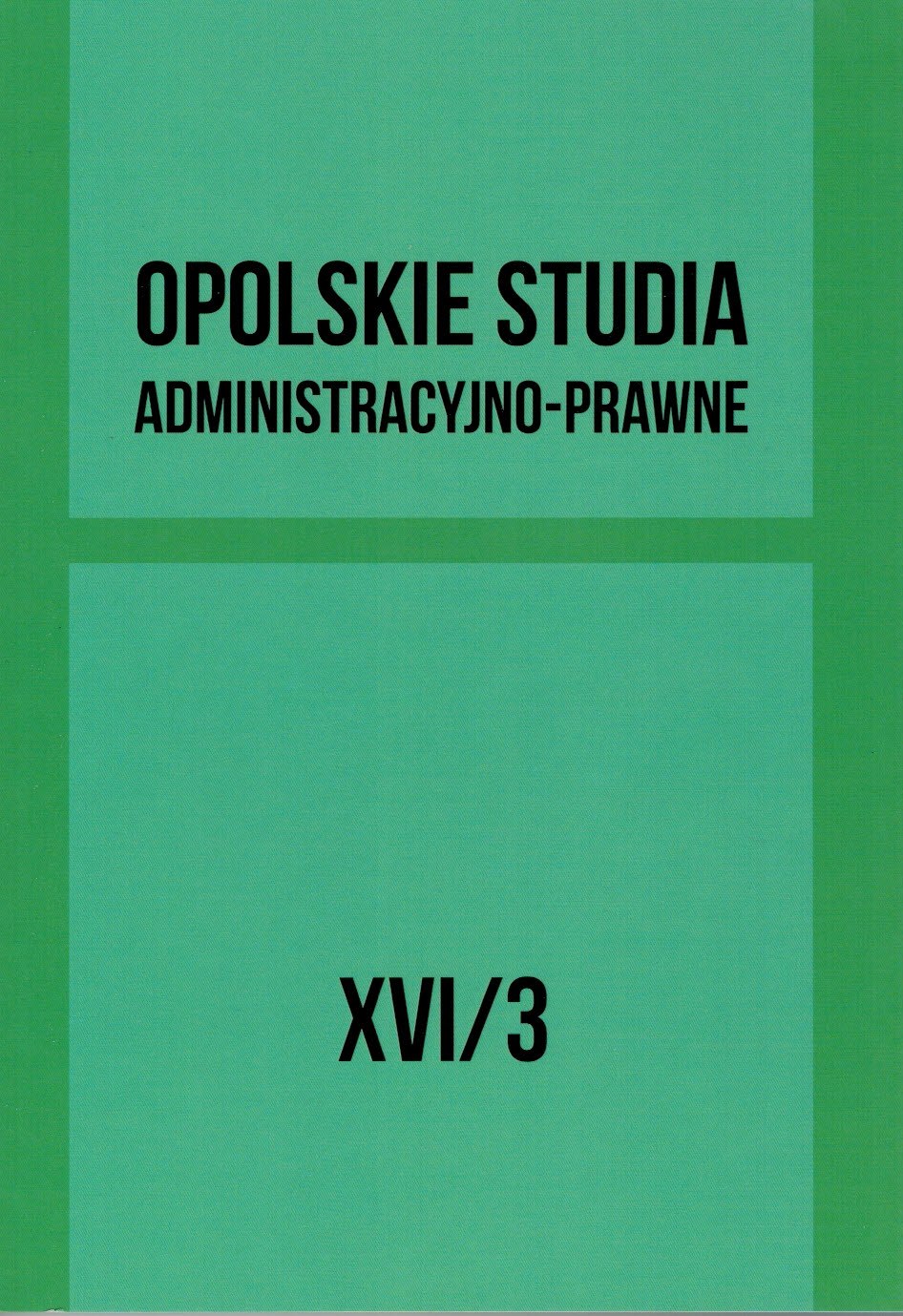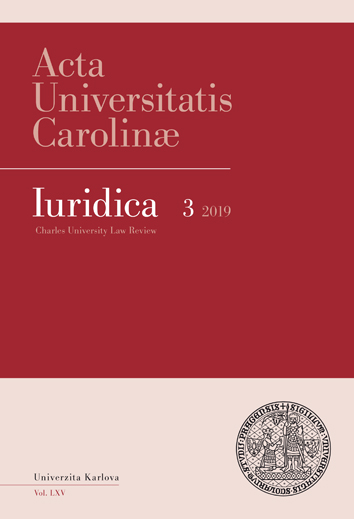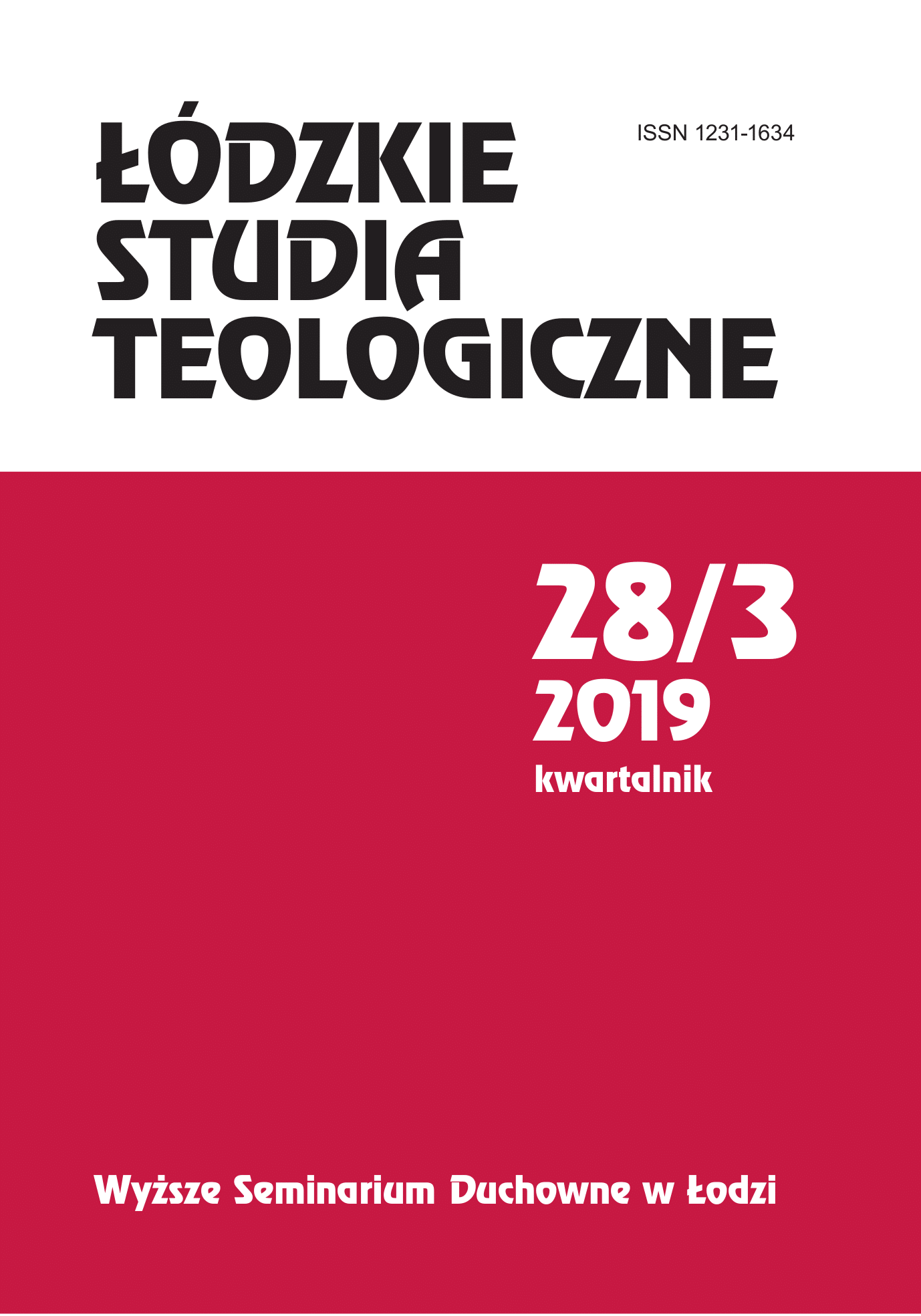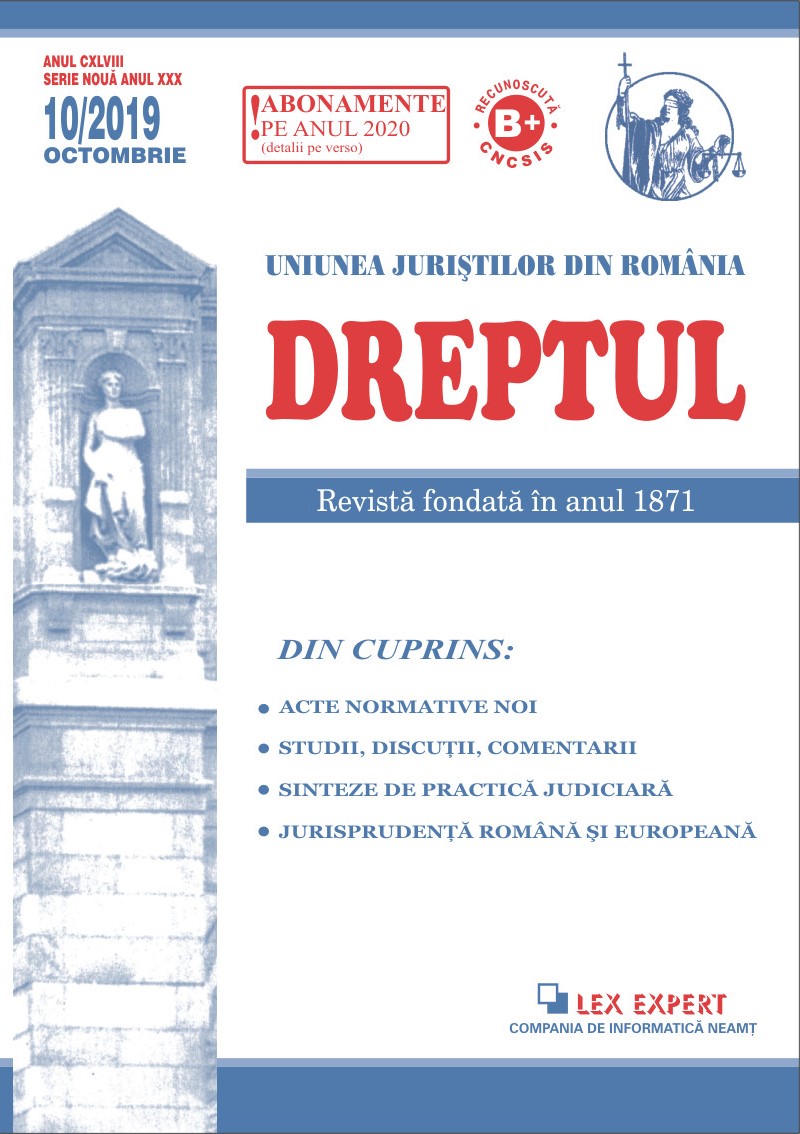Author(s): Monica Amalia Rațiu / Language(s): Romanian
Issue: 10/2019
The generation of public procurement directives1 adopted in 2014 supplemented the number of exclusion grounds from the contract award procedure, adding, inter alia, the hypothesis from Article 57 (4) (d): „where the contracting authority has sufficiently plausible indications to conclude2 that the economic operator has entered into agreements with other economic operators aimed at distorting competition”.The respective exclusion ground has been regulated in the public procurement directives as an optional ground, being however provided for the Member States the possibility to transpose it into national laws as a compulsory ground. This regulatory modality, which inexplicably restricts the scope of incidence only at the conclusion of agreements, although competition can be affected by other methods, and which allows different transpositions by the Member States, has led many doctrinaires to react critically to the prospect that such an important exclusion ground generate a relatively narrow and non-unitary practice at Union level.The Romanian legislation on public procurement3 transposed the exclusion ground subject to analysis as a compulsory ground, adding the aspect that the respective agreements regarding the distortion of competition must concern the ongoing procedure, although Article 57 (4) (d) of Directive 2014/24/EU does not include such conditioning.Pursuant to Article 167 (1) d) of the Law No 98/2016 on public procurement, the contracting authority excludes from the procedure of award of the public procurement contract any economic operator if the respective authority „has sufficient reasonable indications/specific information to consider that the economic operator has entered into agreements with other economic operators aimed at distorting competition within or in connection with the procedure in question”. In Article 167 (5), the Romanian law enumerates by way of example a number of situations that represent such indications. In addition, it is important to note that, as provided in Article 167 (6), the decision of the contracting authority is subject to a specific cooperation with the Competition Council.The decision to exclude economic operators from the award procedure only on the basis of some indications, whether they are reasonable or plausible, is not an easy undertaking, especially since an exhaustive list of indications is not regulated, and the contracting authorities do not have, as a rule, specialized personnel in the field of competition law. Even if, in the case of Romanian law, the Competition Council is involved in analyzing the indications that the contracting authority considers plausible to signal anti-competitive agreements, the initiative of applying the exclusion ground belongs to the contracting authority. Or, considering, on the one hand, the lack of personnel specialized in identifying anti-competitive practices and, on the other hand, that the immediate purpose of any contracting authority is to carry out the public procurement necessary in order to fulfil its duties and not to act as a guardian of the compliance with the competition rules, in practice it is unlikely to be shown a particular enthusiasm in applying the respective exclusion grounds. However, as in the context of the new directives the contracting authorities have acquired additional tasks that take into account, besides the immediate concern to obtain value for money at the conclusion of the public contracts, also a contribution to the achievement of some purposes related to certain policies promoted by the European Union4, the economic operators may determine the contracting authorities to assume the pro-active role envisaged through the instruments specific to remedies and means of appeal.Considering the drafting of Article 57 (4) (d) and of the provisions of transposition into the Romanian law, it is necessary to understand the context in which relevant indications can be noticed, in the sense that it may be possible to conclude agreements on bid rigging, an aspect which is not yet detailed in the public procurement law, but in the competition law.The present analysis aims to highlight the arguments that have determined the regulation of this exclusion ground in the public procurement directives, the particularities of the transposition into Romanian law and the clarification of the scope of the indications that should not be ignored by the entities that award public procurement contracts.
More...


